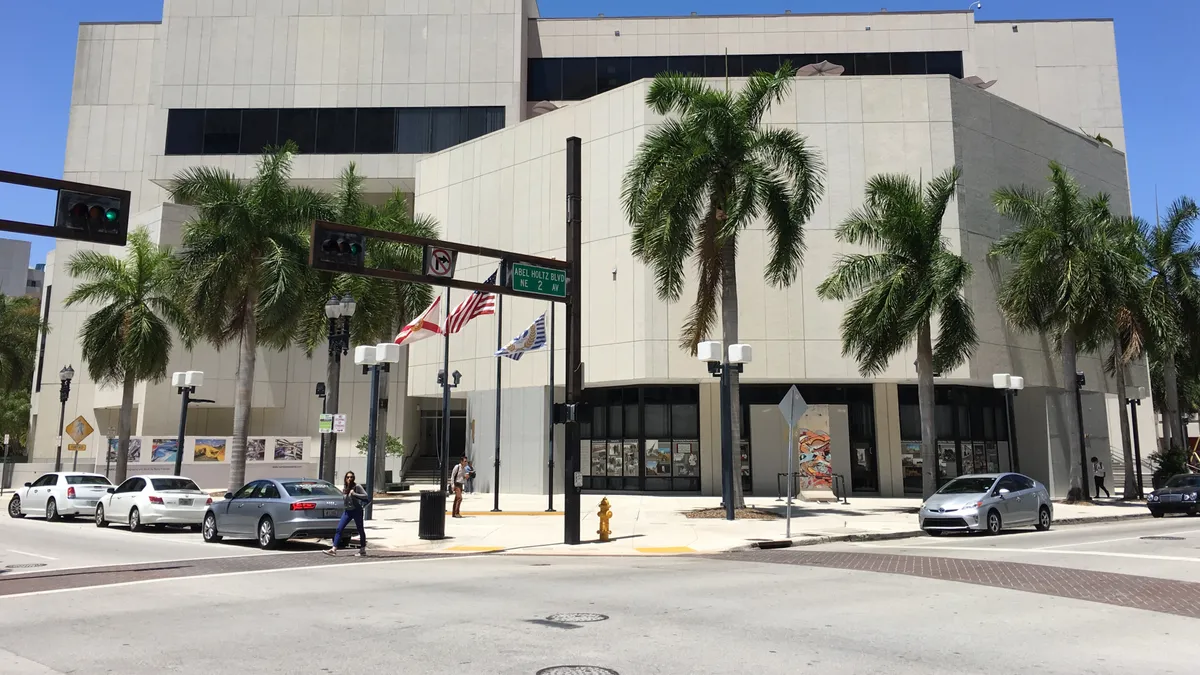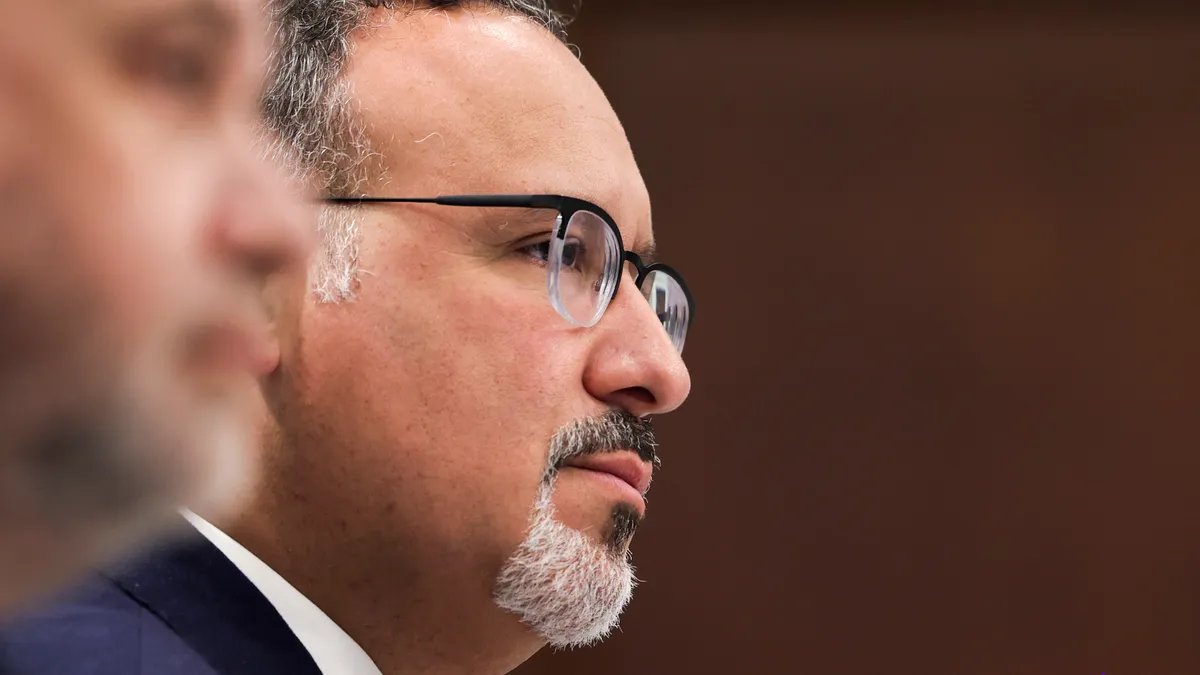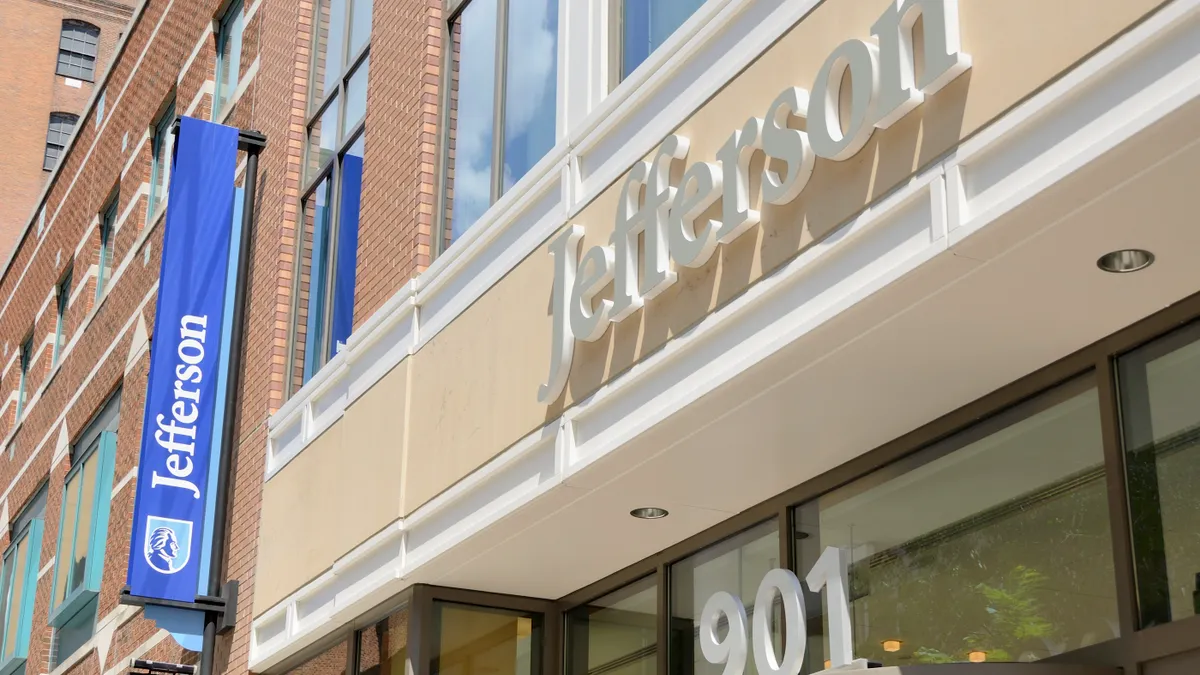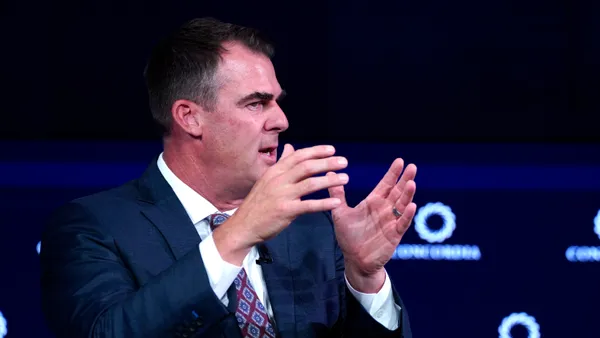Dive Brief:
- Two Florida community colleges won top awards Tuesday from The Aspen Institute's College Excellence Program based on their graduation and transfer rates and students' success in the workforce.
- Miami Dade College, which enrolls about 96,000 students, and Indian River State College, which enrolls about 24,300 students, each received $350,000 as winners of the Aspen Prize, which has been awarded every other year since 2011.
- Three other colleges — Odessa College and Palo Alto College, both in Texas, and Pierce College Fort Steilacoom, in Washington state — received $100,000 each for winning the Rising Star award, which recognizes colleges that have dramatically improved student outcomes.
Dive Insight:
The Aspen Institute singled out the two award winners for accomplishments that often rank among the top priorities of community colleges across the country, including mapping clear pathways for students to transfer to a four-year institution, providing supports to help learners continue their education and serving a diverse population.
At Miami Dade, students have access to credential maps, which provide stackable credential pathways they can follow for different fields and careers. The college also pairs these guided pathways with strong advising.
Research has found that clear pathways can help keep students on track by simplifying their decision-making process, according to a report last fall from The Brookings Institution. For instance, the City University of New York's ASAP program — which uses guided pathways and increased advising — has led to students earning more credits and graduating at nearly twice the rate of those who didn't participate in the program.
Miami Dade boasts better student outcomes on several fronts. Students of color there have a graduation and transfer rate of 43%, compared to the national average of 35%, according to the Institute. And five years after graduation, alumni typically earn $638 more than the average annual salary of workers in the region.
The college has also overhauled its approach to remedial education, which can drain students' financial aid and increase the time it takes to graduate. To do so, Miami Dade added more supports for students in its credit-bearing classes, including tutors and interventions for those who are struggling, leading to improved pass rates.
Meanwhile, transfer rates among the strongest in the U.S. also factored into Indian River State's award. More than half (56%) of students there transfer, compared to the national average of 32%. In addition, 52% of students who go on to pursue a bachelor's degree complete one.
The Aspen Institute credits two of Indian River's initiatives with producing these outcomes. For one, the college has placed an emphasis on helping students develop strong career pathways, which officials review at the close of each semester.
The college also made what the Institute called a "bold decision" to create 17 of its own bachelor's degree programs in response to a lack of educational opportunities beyond an associate degree in the rural location. Many of the students now transfer internally to a four-year program, "including many who may not have otherwise considered pursuing a four-year degree," the Institute said.














